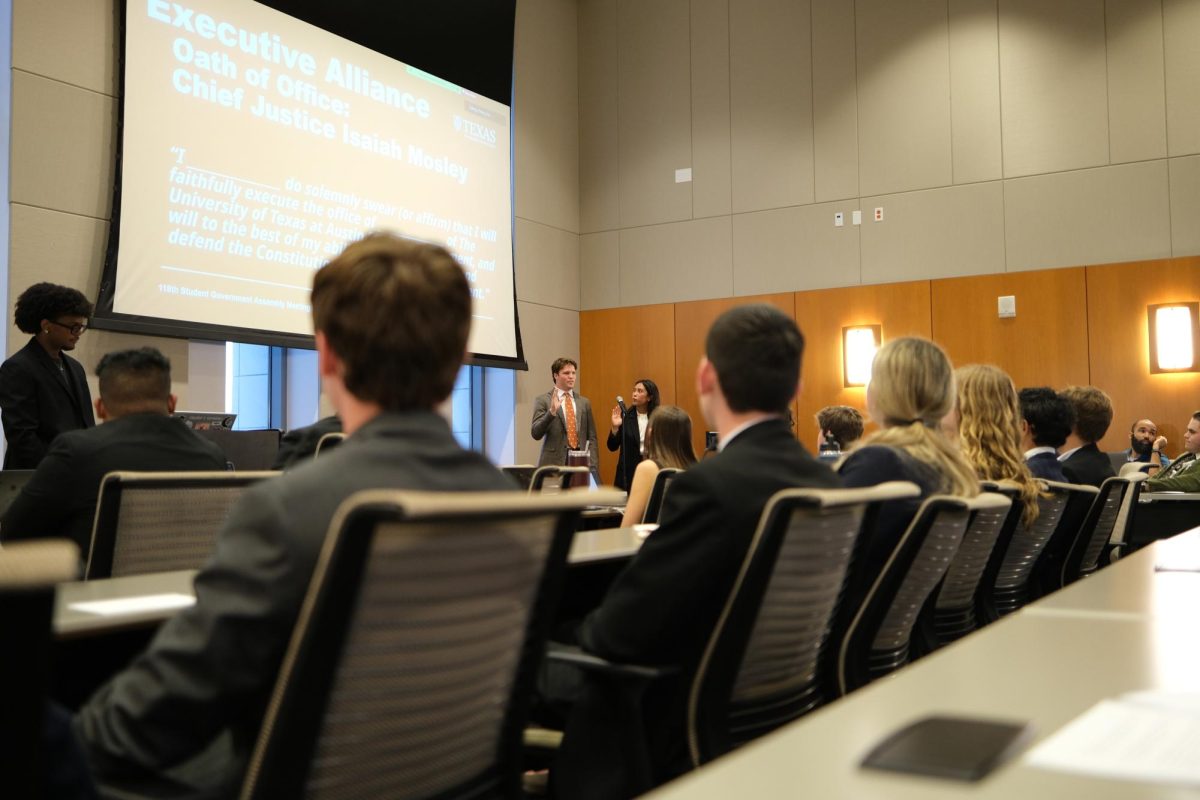Despite technologies that have been recently introduced to journalism, basic reporting techniques have remained the same, and any one reporter can make a difference, said Leonard Downie Jr., former executive editor of The Washington Post.
Downie discussed his experience working at The Washington Post during the Watergate scandal after a Tuesday screening of the film “All the President’s Men,” hosted by the School of Journalism. The film, starring Robert Redford and Dustin Hoffman, is based on the novel by Carl Bernstein and Bob Woodward which recounts their journalistic endeavors during their investigation of the Watergate scandal.
Downie worked for the Washington Post for 44 years and served as executive editor for 17 of those years. While he was executive editor, the Post won 25 Pulitzer Prizes. Downie now serves as vice president at large for The Washington Post.
Downie said the reporting techniques used in the film are the same techniques some of the best reporters use now, which includes working sources from the bottom up, making cold phone calls to see what information can be found and knocking unexpectedly on doors of possible sources.
“The film is about how journalists do journalism,” said Glenn Frankel, director of the School of Journalism. “It is the best American film ever made about the process of journalism, how reporters make progress, make mistakes, fight and work with each other and struggle with their editor.”
The Watergate political scandal began June 17, 1972, with the break-in of the Democratic National Committee headquarters and the attempted cover-up by the Nixon Administration, Downie said.
Frankel said the film is a prime example of what occurs when politicians abuse power and try to cover it up. He said the public must never assume people in power can be totally trusted because they can become liable to commit abuses with their influence.
Downie said if people are blinded by what’s happening during a scandal, it’s oftentimes hard to find a way out.
“History is a big river. It keeps on going and it’s hard to capture what really happens, but the film does it well,” said photojournalism professor Eli Reed. “It’s a good indication of what can happen if people in the press do something really right.”
The media always needs to be vigilant, independent, evenhanded and energetic in order to find and expose abuses of power, Frankel said.
Printed on Wednesday, November 2, 2011 as: Good reporting still works, former Post editor explains

















